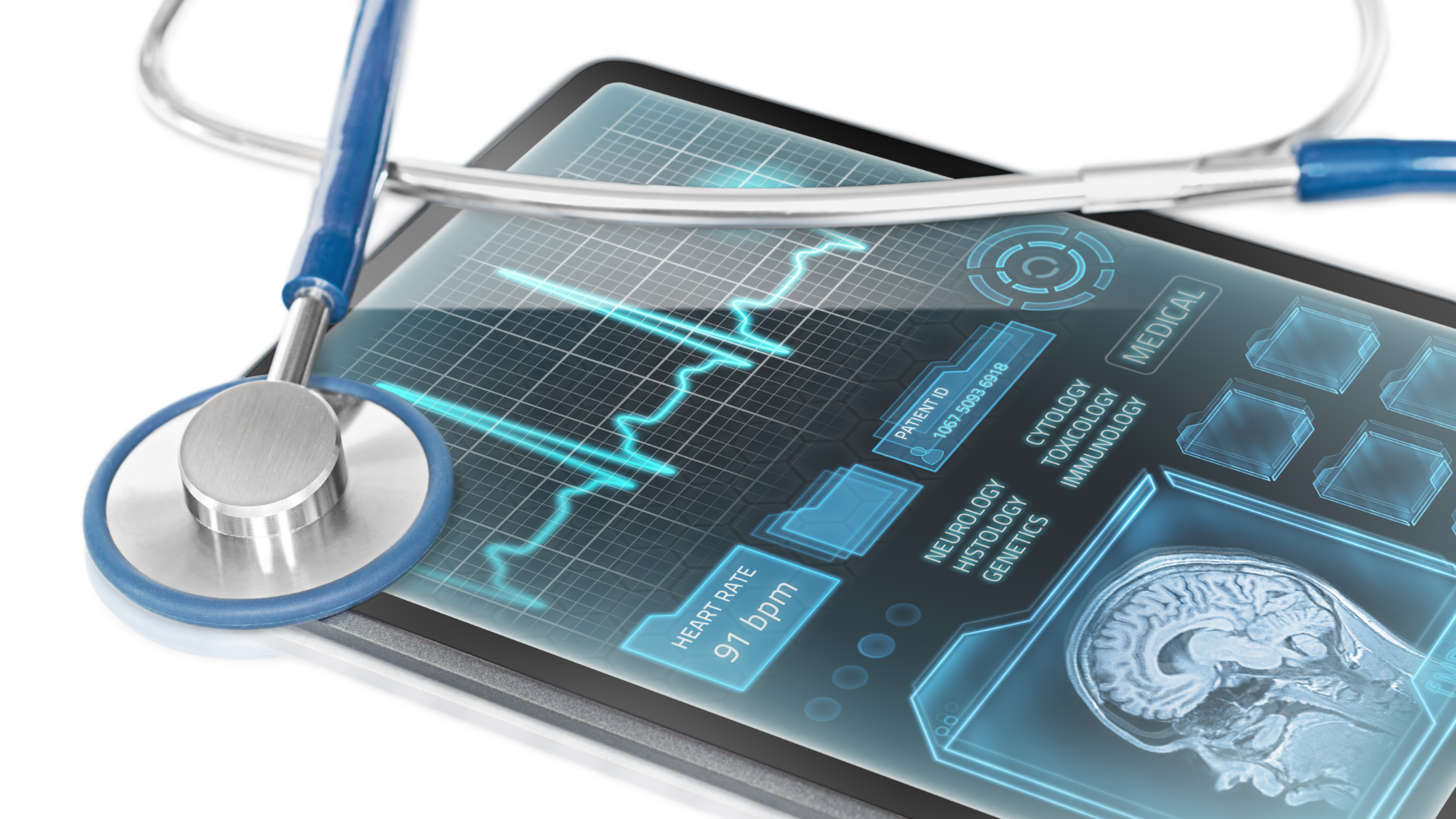Enhancing Patient Care With Cloud Services
Cloud services are an essential part of the healthcare industry, as they are often used to store patient records, monitor patients' vital signs, and provide remote patient consultations. Healthcare providers are now looking for ways to use these technologies to offer better care.
With cloud-based healthcare solutions on the rise, hospitals can better ensure privacy and security of their records, provide care remotely by using telemedicine services, and offer more personalized treatments with virtual reality (VR) technology.
This blog looks at how cloud services can help your practice in enhancing patient care.
Benefits of Cloud Computing in Healthcare
When dealing with people’s health, you have to make sure everything is done in a secure and structured way. This is where cloud computing comes into play. It makes everything more accessible and secure.
The use of cloud computing in healthcare has increased over the past few years and is only expected to keep growing in the years ahead.
Here are the core benefits of cloud computing in the healthcare industry:
Security
Clinics handle sensitive data, such as protected health information (PHI). Cloud services offer improved security in storing them.
In some clinics, medical records are still stored on physical servers. Clinic owners assume they don't need to adapt to the cloud since the old method still works...until it doesn’t.
Data breaches are always a risk to on-premises servers and often have devastating effects such as stolen identities or even loss of life if confidential information is leaked.
Fortunately, forward-thinking doctors and hospitals are finally coming around to the idea of using cloud services. The cloud offers them a more streamlined, efficient way of storing and sharing data while also being much safer.
Medical clinics can store and share their data with their patients and co-providers easily with an internet connection. This is far more secure than traditional storage methods, especially if you have certified cloud engineers looking after your system with great care.
Cost Reduction
Cloud computing helps healthcare organizations save money.
By moving to a cloud-based infrastructure, your practice can lower the cost of maintaining a network infrastructure.
It can help them cut costs by providing them with the necessary infrastructure, IT support, and security for their day-to-day operations without having to invest significant capital upfront.
Cloud computing also provides a flexible environment that allows healthcare providers to quickly scale up resources as needed without being locked into long-term contracts.
This brings us to the next section...
Speed, Scalability, and Flexibility
In the past, hospitals and clinics had onsite servers that were often outdated. They were not flexible or scalable enough to meet the needs of the rapidly changing healthcare industry. These technologies are expensive and difficult to maintain.
Cloud services offer many benefits to medical clinics in areas such as speed, scalability, and flexibility. Hospitals can then focus on providing better care for their patients.
Cloud computing can be used in all aspects of the medical field, from storing data to providing remote access for doctors and nurses off-site.
Take Advantage of the Cloud for Better Patient Experience
Cloud-based technologies help healthcare organizations improve care coordination, offer providers effective clinical decision support, and provide startups or entrepreneurs a platform for innovation.
Cloud services today are used to securely share patient data between hospitals with different systems without having to send it via fax or scan paper documents. It also provides remote access to patients’ medical data from their homes or from outside of a hospital setting, which proved vital during the COVID-19 crisis.
The use of cloud services in the future will be more pervasive as it continues to gain traction in the industry.
How Cloud Services Enhance Patient Care
There are many areas of healthcare that need improvement. Even routine tasks like admitting new patients and verifying insurance coverage require more time and attention.
By taking advantage of the cloud, hospitals can reduce inefficiencies such as duplicate data entry, electronic medical record creation, and patient record consolidation. And that's just the beginning.
Using cloud-based services can be beneficial for your patients in several ways:
Adapt Better to Hybrid Work
Amidst the global pandemic, cloud-based services allow doctors to work remotely and still provide the same level of care as if they were in the clinic.
This is great for patients who need to see a doctor but have difficulties getting there, like individuals vulnerable to COVID-19 and elderlies who live far from their doctors.
It is a win-win situation for both the doctors and their patients, as it cuts down on the amount of time they would otherwise spend driving back and forth for an appointment.
Through cloud services, your medical practice can adjust to hybrid work better than clinics that refuse to embrace new ways of working.
Keep Patient Records Safe with High-Level Data Security
Hybrid work offers advantages but also presents new challenges. Healthcare organizations with both remote and on-premises staff can be more vulnerable to security threats.
Regardless of the way we work, keeping patient records secure is the responsibility of medical practitioners.
Especially in these challenging times, it’s not easy to keep up with the latest security risks. But using
HIPAA-compliant cloud services with 24/7 IT support can help you ensure the security of your sensitive information.
Streamline Collaboration Among Healthcare Providers
Even before the coronavirus entered the picture, healthcare providers have already struggled with the growing population of chronically ill patients, ongoing workforce shortage, and paperwork burden due to more stringent regulations.
Research, consultations, and medical records can all be managed using the cloud. It can improve patient care by allowing secure connections between healthcare providers that are working on the same case.
Better collaboration translates to better patient care.
Boost Efficiency in the New Normal
Even before the COVID-19 pandemic, clinics are embracing new technologies due to their many advantages. For example, cloud computing enables clinic staff to exchange data and to use applications like EHRs securely.
Since you still need to continue providing the best service possible to patients during the pandemic, you need to leverage cloud-based tools to be as efficient as possible.
The cloud enables healthcare organizations to store and exchange data across multiple devices such as smartphones and tablets. It also allows you to share data with remote clinicians and get easy access to tools like electronic health records (EHR). This also lets patients access their medical records from home.
Make Better Healthcare Decisions With AI
Artificial intelligence (AI) is an area of computer science where algorithms are used to parse through data to make decisions. AI is already used in many areas of healthcare to support physicians and nurses in their daily work to make better decisions and enhance patient care.
These AI systems are used to estimate the risk of certain diseases, find the best possible treatment, or help with diagnosis.
As a healthcare provider, you’re under a lot of pressure to make the right decisions for your patients. From the right treatments to the right diagnosis, you have a lot on your plate. AI can assist in making informed decisions by giving you the right information at the right time.
For example, AI can be used to predict conditions that may lead to negative outcomes. By being proactive, you can take the necessary steps to prevent the occurrence of the predicted event.
AI helps you deliver more accurate medical results, reduce risks of medical errors, and make your overall clinic flow more efficient.
As AI technology grows, it will become an integral part of the healthcare system. The healthcare industry will be able to provide more personalized care to patients, which will increase their overall well-being.
Data-driven Care Improves Patient Outcomes
Cloud services offer reliable and efficient data processing systems accessible to all healthcare providers.
The cloud offers healthcare providers real-time patient engagement. It also allows them to track patients’ data across many providers, giving physicians a complete picture of their state of health.
Cloud services also help improve care quality by providing staff with timely information and give them the ability to act accordingly. For instance, if a hospital is overwhelmed because of a COVID-19 outbreak, incoming patients can be immediately diverted to other nearby facilities.
Additionally, ventilators can be moved to areas hit harder by the coronavirus. More doctors can also be sent quickly, saving more lives as a result. All of these are made possible with the help of cloud technology.
Final Thoughts: Using the Cloud to Improve Patient Care
Cloud computing offers a number of benefits to both you and your patients. The technology has become so ubiquitous and disruptive to the traditional ways of doing things that we can no longer ignore its powerful impact on the healthcare industry.
The benefits that come from using cloud services in your clinic cannot be ignored. You can easily integrate the cloud into the day-to-day operations of your practice. It’s less expensive and more secure than its on-premises counterparts.
Medical professionals can perform more efficient diagnoses through collaboration with other providers, while also reducing the amount of time it takes for patients to get treatment or get their medication refills.
Get HIPAA-Compliant Cloud Services With 24/7 Expert Support
Join the growing number of medical professionals who are enhancing their patient care with cloud services. Our experts will walk you through everything and answer any questions you have.
Search Articles
Healthcare & Tech Articles

ER Tech Pros is a managed service provider (MSP) that specializes in catering to the IT needs of businesses across the globe. We have offices in Sacramento and the Greater Fresno area.
We use our cutting-edge technology, extensive experience, and global team of technology experts to ensure your IT network is in its most secure and optimal state.
We focus on your IT so you can focus on growing your company.
8795 Folsom Blvd, Ste 205
Sacramento, CA 95826
1501 Howard Rd, Ste 2
Madera, CA 93637
(855) ER-TECH-1 / (855) 378-3241
info@ertech.io
Resources
Search this Site
ERTech Pros | All Rights Reserved.












